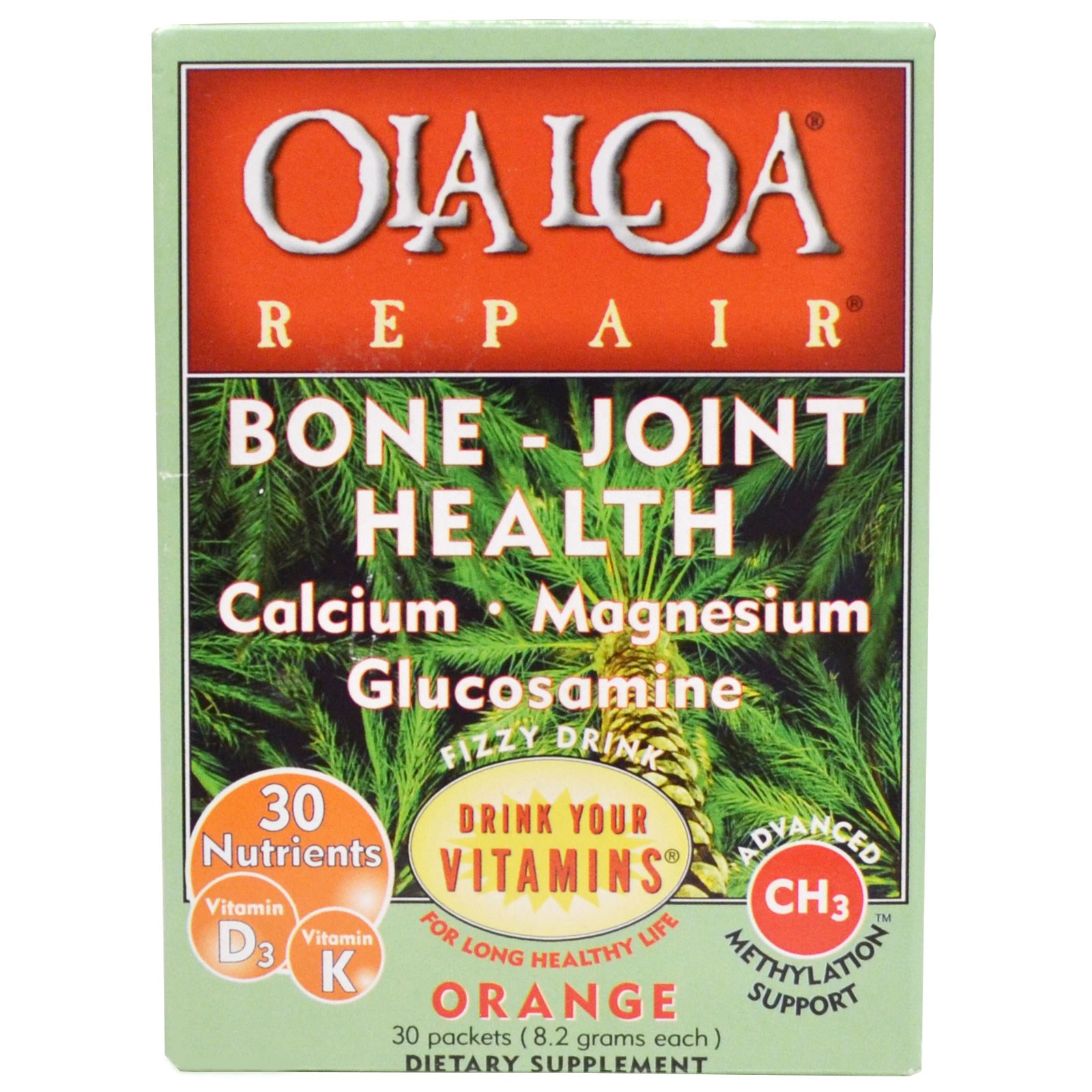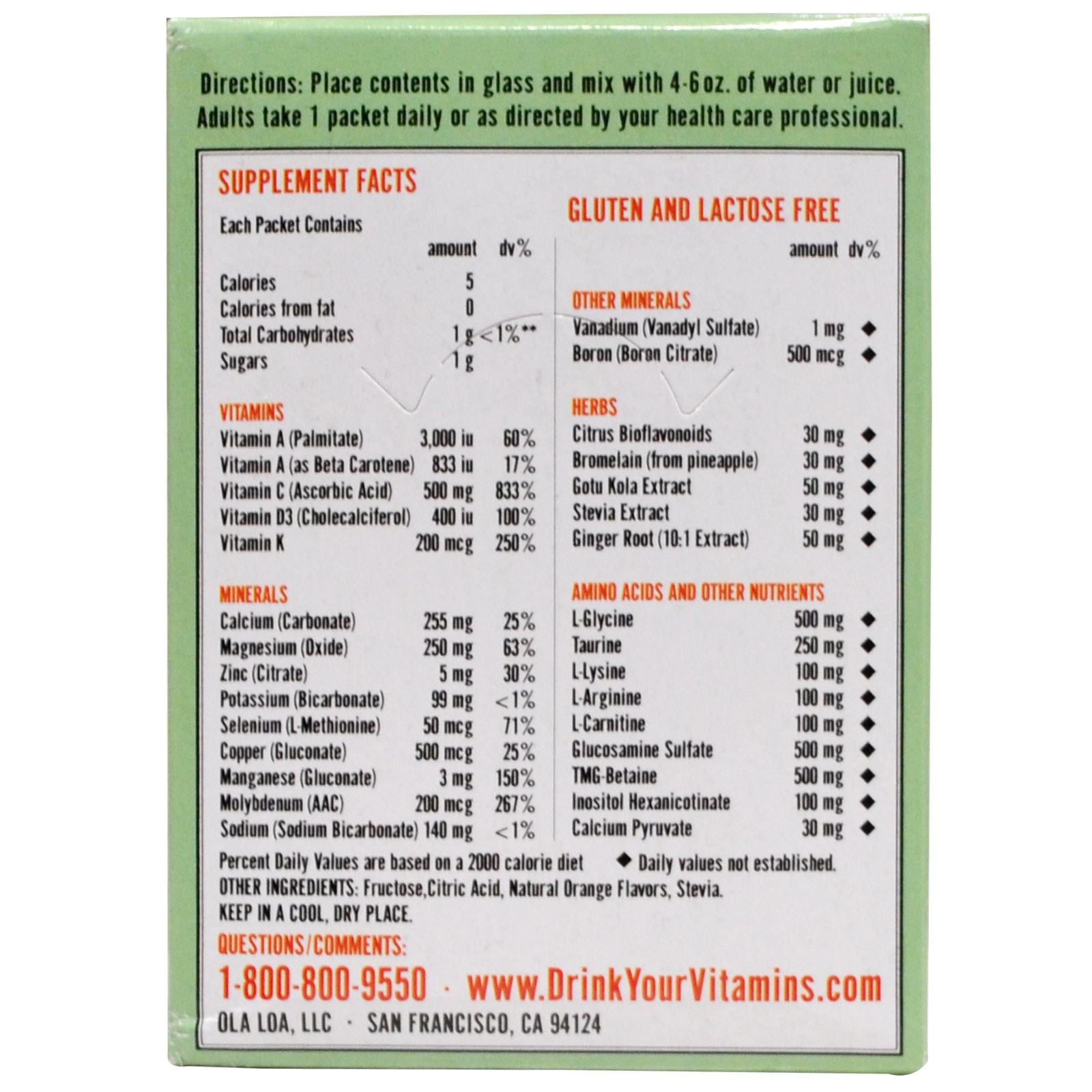| Vitamin A | Vitamin A, also called retinol, helps your eyes adjust to light changes when you come in from outside and also helps keep your eyes, skin and mucous membranes moist. |
|---|
| Vitamin C | Vitamin C is an antioxidant found in fruits and vegetables. It is important for your skin, bones, and connective tissue. It promotes healing and helps the body absorb iron. |
|---|
| Vitamin D3 | Vitamin D3 can be taken as a supplement to improve overall health or used to treat osteoporosis. |
|---|
| Vitamin K | Vitamin K plays a key role in helping the blood clot, preventing excessive bleeding. Unlike many other vitamins, vitamin K is not typically used as a dietary supplement. |
|---|
| Minerals | There are approximately 4000 different minerals and each of those minerals has a unique set of physical properties. |
|---|
| Calcium | Calcium is a mineral that is an essential part of bones and teeth. The heart, nerves, and blood-clotting systems also need calcium to work. |
|---|
| Magnesium | Magnesium is an element your body needs to function normally. Magnesium oxide may be used for different reasons. Some people use it as an antacid to relieve heartburn, sour stomach, or acid indigestion. Magnesium oxide also may be used as a laxative for short-term, rapid emptying of the bowel (before surgery, for example). It should not be used repeatedly. Magnesium oxide also is used as a dietary supplement when the amount of magnesium in the diet is not enough. Magnesium oxide is available without a prescription. |
|---|
| Zinc | Zinc is used for boosting the immune system, treating the common cold and recurrent ear infections, and preventing lower respiratory infections. |
|---|
| Potassium | Potassium is a very important mineral for the human body. |
|---|
| Selenium | Making special proteins, called antioxidant enzymes, which play a role in preventing cell damage |
|---|
| Copper | Copper is also used for improving wound healing, and treating osteoarthritis and brittle bones (osteoporosis). |
|---|
| Manganese | Manganese is an essential nutrient involved in many chemical processes in the body, including processing of cholesterol, carbohydrates, and protein. |
|---|
| Molybdenum | Molybdenum works in the body to break down proteins and other substances. Molybdenum deficiency is very uncommon. |
|---|
| Sodium | Sodium is an element that the body needs to work properly. Salt contains sodium. The body uses sodium to control blood pressure and blood volume. Sodium is also needed for your muscles and nerves to work properly. |
|---|
| Vanadium | There is some evidence that vanadium might act like insulin, or help to increase the effects of insulin. |
|---|
| Boron | Boron is used for building strong bones, treating osteoarthritis, as an aid for building muscles and increasing testosterone levels, and for improving thinking skills and muscle coordination. |
|---|
| Herbs | Herbs, including basil and parsley, are from plants and plant parts. Spices often come from the seeds, berries, bark, or roots of plants. |
|---|
| Citrus Bioflavonoids | Immune system support |
|---|
| Bromelain | Bromelain can be used to treat a number of conditions, but it is particularly effective in reducing inflammation from infection and injuries. |
|---|
| Gotu Kola Extract | Gotu kola is used to treat bacterial, viral, or parastitic infections such as urinary tract infection (UTI), shingles, leprosy, cholera, dysentery, syphilis, the common cold, influenza, H1N1 (swine) flu, elephantiasis, tuberculosis, and schistosomiasis. |
|---|
| Stevia Extract | Stevia is an intensely sweet natural sweetener that is harvested around the world from the stevia rebaudiana plant. |
|---|
| Ginger Root | Some people find ginger helps them with the symptoms of upper respiratory tract infection, bronchitis, cough, menstrual cramps, arthritis and muscle pain. |
|---|
| L-Glycine | Glycine is used for treating schizophrenia, stroke, benign prostatic hyperplasia (BPH), and some rare inherited metabolic disorders. |
|---|
| Taurine | May Help with Certain Nerve Dissorders and Fight Depression |
|---|
| L-Lysine | Wide Range of Function Including: Collagen Formation, Energy Production, and Immune Health |
|---|
| L-Arginine | May Increase Blood Flow and Stimulte the Release of Growth Hormones |
|---|
| L-Carnitine | L-carnitine is used for conditions of the heart and blood vessels including heart-related chest pain, congestive heart failure (CHF), heart complications of a disease called diphtheria, heart attack, leg pain caused by circulation problems (intermittent claudication), and high cholesterol. |
|---|
| Glucosamine Sulfate | May Help Slow Bone Loss and Improve Overall Health |
|---|
| Tmg-Betaine | Betaine hydrochloride is a powerful digestive aid for people who may have been privy to a poor diet, prolonged dehydration and generalized stress. It has also been shown to offer digestive support to perimenopausal women and elderly individuals. |
|---|
| Inositol Hexanicotinate | Inositol is a vitamin-like substance. |
|---|
| Calcium Pyruvate | Calcium pyruvate is said to enhance metabolism and speed up energy production. It is also said to aid in weight loss. |
|---|
| Fructose | A yellowish to white, crystalline, water-soluble, levorotatory ketose sugar, C 6 H 12 O 6, sweeter than sucrose, occurring in invert sugar, honey, and a great many fruits: used in foodstuffs and in medicine chiefly in solution as an intravenous nutrient. |
|---|
| Citric Acid | Powerful Antioxidant - May Help Fight Cancer and Cardiovascular Diseases |
|---|
| Natural Orange Flavors | Helps to maintain a healthy circulatory system |
|---|
| Stevia | Natural Low Calorie Sweetener |
|---|



Reviews
There are no reviews yet.